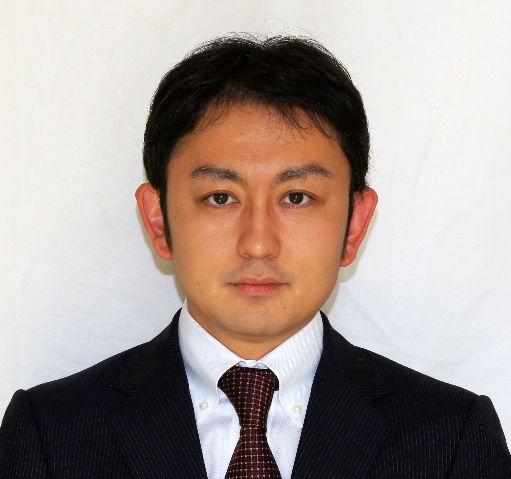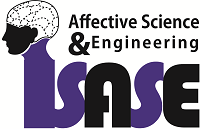Keynote
Hideyoshi YANAGISAWA(The University of Tokyo)

- Title
How Does Expectation Affect Sensory Experience?– A Theory of Relativity in Perception –
- Abstract
Prior expectation affects posterior experience and emotions. This psychological effect is called expectation effect. Two different patterns of expectation effect, contrast and assimilation, were observed. In this talk, I proposed a mathematical model of the expectation effect that explains the conditions of contrast and assimilation. I hypothesized that perceived variable is estimated using a Bayes’ inference of prior prediction and likelihood based on sensory stimuli. I formalized the expectation effect as a function of three factors: expectation error, prediction uncertainty, and external noise. Both the results of the computer simulation using the model and the experiment using Size-weight illusion (SWI) revealed that 1) the pattern of expectation effect shifted from assimilation to contrast as the prediction error increased, 2) uncertainty decreased the extent of the expectation effect, 3) and external noise increased the assimilation. Furthermore, I discussed the meanings of expectation effect from an ecological point of view.Keywords: Expectation, mathematical modeling, cross-modal, Bayesian estimate, efficient coding, illusion.
- Profile
Dr. Hideyoshi Yanagisawa is Associate Professor of Design Engineering in Department of Mechanical Engineering, Graduate School of Engineering, The University of Tokyo. He has been a faculty member of The University of Tokyo since 2004 after obtaining his PhD. Meanwhile, he was a Visiting Researcher at UCLA in 2004, and a Visiting Professor at ENSAM ParisTech in 2016-2017, respectively. He has been working in the field of Kansei design engineering since 2002. His current research interests include mathematical modeling of perceptions and emotions, model based kansei design, multisensory interaction design, multilingual semantics, sense of agency for interface design, intrinsic motivation in interaction design and behavioral design for autonomous machine. His works were awarded as best papers from ASME, IEEE, JSME, JSSD. He is a board member of JSSD and JSDE. He joined JSKE board in 2018.
Emi Yuda (Nagoya City University)

- Title
Application of Bio-signal Informatics: Latest Research of Biomedical Big Data Analysis - Abstract
The reasons why people began to recognize the importance of big data; evolution of computer technology, technological innovation by IoT and AI (artificial intelligence) development, etc. Especially in machine learning, it is necessary to use a large amount of data for learning. Many kinds of big data analyses are currently conducted focusing not only on customer analysis for solutions using BI (business intelligence) tools but also on the analyses of medical information and biological data.After May 2018, when the act of next-generation medical infrastructure (the anonymous processing of medical information for contributing to research and development in the medical field) carried out, the medical information possessed by medical institution became able to be used after anonymization. This mechanism is to be provided for universities, pharmaceutical companies, etc.However, potentially much “bigger data” can be constructed for individual vital information collected by healthy subjects. How to use and to utilize them for researches are important issues of current bio-signal informatics. Our researches conducted to establish new methods for evaluating the influence of environmental factors on health and disorders may provide insights for extracting meaningful results from such data. In this talk, I will outline our recent researches on bio-signal big data analyses and mention new possibilities. - Profile
Dr. Emi Yuda was born in Tokyo, Japan in 1980. She studied informatics at Moscow University until 2003 and after then received M.S. degree from Tsukuba University, Japan. She received Ph.D. from Nihon University. From 2013 to 2014 she was research assistant at Santa Monica College Computer Science department in California, USA. Since 2015, she has been Project Researcher with Nagoya City University Graduate School of Medical Sciences. Her research is Medical Informatics and Data Science. She has many achievements in field of Informatics International Conference such as IEEE Life-Tech 2019 (Vice TPC Chair &Treasure), ICBSP 2019 (Local Arrangement Chair) etc.
